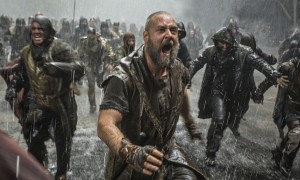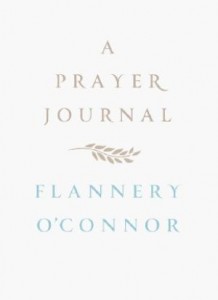Somebody asked me why I am always harping on bad movies in terms of theme. The querier challenged me to write what I mean by theme. Is it okay if I write what Aristotle means by theme?
_____________________________________________________
In The Poetics, Aristotle lists “Theme” as the third most crucial element to a dramatic story. Confusion about the nature of theme wrecks many screenplays, because it is a key element in that it serves to organize the whole telling especially of your B-story, which is your main character’s inner journey story. If you don’t have a good grasp of your theme, you won’t really know where your act breaks need to fall and when your story is really over.
The theme in a story is the writer’s underlying presupposition about humanity and the world that raises the relating of events into an organized sum of many parts. It is the theme that gives a story its resonance and meaning. The whole project gets organized around the theme particularly the structure, the tone, the visual and production style, and, of course, the actors’ performances.
Generally, a writer needs to have an idea of theme before starting to write. Invariably, as the story grows, the theme morphs too, or more likely, an entirely new theme starts to appear. It’s actually hard to know what a story ultimately means until it is done being told, but a writer needs to have some idea for the project to get out of the starting gate.
A theme is a thesis that can be argued. A good theme is a true thesis that can be argued. A great theme is a true thesis that people urgently want to argue.
A “thesis that can be argued” means that a story is ultimately an expression of a writer’s point of view about the world. On the level of theme, story is basically a demonstration of something that a writer believes to be true about the world. The story plays out as though the writer were saying, “Here’s what I think.” Consequently, to be successful the writer needs to have the thoughtfulness to actually have thoughts about things, and then the courage to put his or her thoughts out there.
A theme can still work as the project’s organizing principle, even if it is objectively untrue. An example of this is a movie like Million Dollar Baby. The theme of the movie was something to the effect of “A good coach is someone who pushes past all his boundaries to be there for his trainee.” In the movie, this manifests at the end as the coach, played by Clint Eastwood, euthanizing his seriously wounded trainee, because she had lost her hope in life. The suggestion is that killing his student was just one more thing that a coach needs to do sometimes.
This theme is erroneous and hugely problematic from a moral standpoint. The end result of an untrue theme is that the audience walks away with a sense of disquiet. The story just doesn’t sit well and very often the memory of the movie will evoke discomfort. This isn’t the kind of emotion that leads people to repeat viewings or good word of mouth. In the end, you can’t sell a lie.
A “thesis that people want to argue” indicates that your story is tapping into the zeitgeist of the particular cultural moment. Your movie is about a topic that is flowing in and around what is being said by the water-coolers.
An example of a good theme is, “Creativity and friendship have a dependent relationship.” This is a thesis that suggests that you can’t have real good art without some kind of supportive human relationship. This is going to be a movie that challenges the “loner artist” notion, and instead advances the vision that art is somehow related to community. This theme should produce an intriguing and compelling story that will have a shelf life as long as there are artists among men. But it is probably not going to seize the attention of the nation or the globe.
An example of a great theme for the early 21st Century is The Hunger Games. The theme of this highly successful story franchise is “When the whole world has lost its mind, you can retain your sanity through love.” Supporting and equally zeitgeisty themes in The Hunger Games are, “A celebrity culture devolves into oppression,” and “People can be controlled to a large extent through poverty.” The astounding success of The Hunger Games comes from the fact that all of these themes are floating around in the back of everyone’s minds in this cultural moment. In a society without leaders or a new frontier, dystopian literature is back and hot.
If a theme is the organizing principle of a story, than a project with no theme or a bad theme is going to be unorganized and lacking a fundamental cohesion.
A bad theme is an obvious or undeveloped idea.
People are drawn to stories instinctually, as Aristotle noted, because they are beings who seek to know. As we noted earlier, stories satisfy this Instinct for Imitation according to their depth of insight. If a movie is built around an idea that is obvious, then the audience will feel cheated at the end. They gave you two hours of their time, and you gave them something they knew walking in. Examples of bad themes in this sense are, “Murder is bad,” or “People mean more than stuff,” or the utterly over-done and unhelpful background notion of so many Gen X movie projects, “Life is Unfair.”
Another example of bad theme is the amorphous meandering brooding over something without any real point of view risk to actually make a statement about it. This is a writer saying, “My script’s theme is jealousy,” or “My theme is motherhood.” The rejoinder to this is, “What about motherhood? What do you have to say about it?”
The problem with a one word theme is it doesn’t provide the direction and organizing principle that themes should. It also means that the project will feel cheap to the viewer, as though the writer didn’t deliver on his or her contract with the audience.











